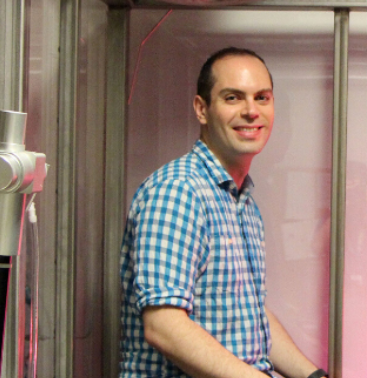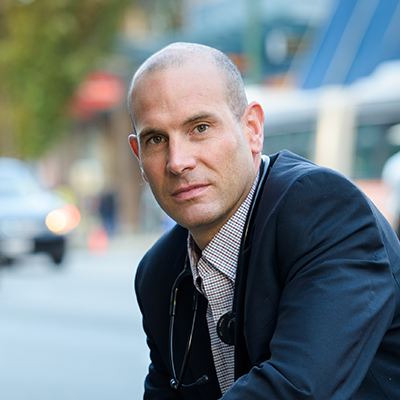
Dr. Michael Brauer
Researcher, Air Quality & Lung Health
Dr. Brauer is a professor in the School of Population and Public Health at UBC and a sought after thought leader and speaker on the subject of air pollution and health. He has served on advisory committees to the World Health Organization, the Climate and Clean Air Coalition, the US National Academy of Sciences, the Royal Society of Canada, the International Joint Commission and governments in North America and Asia.
No one had illuminated the impact of vehicle emmissions monitoring programs on preventing mortality due to traffic-related pollution until Drs. Brauer and Henderson’s analysis surfaced.
Why do research on the AirCare program?
Vehicle emissions monitoring programs, such as AirCare, have been introduced in many parts of the world, but there have not been any studies describing how they impact public health. However, many studies have shown that life expectancy is shorter in cities with more air pollution, and there are more deaths on days when air pollution levels are high. It follows that programs like AirCare have the potential to prolong lives by reducing both the long-term and short-term air pollution exposures of people who live within the affected areas.
What impact did AirCare have in the Lower Mainland?
We know that a minority of vehicles produce the vast majority of pollution, which is why emissions testing programs like AirCare are important. Over its 22 years, AirCare performed more than 17 million emission inspections on nearly three million unique vehicles. Almost one million of those vehicles failed an emissions test at some point. Of those that failed, 98 percent were either repaired or removed from the road – resulting in an estimated 31 percent decrease in emissions over the life of the program! When we compared the daily number of cars that failed AirCare with the daily number of cardiovascular deaths in the Lower Mainland, we found a statistically significant relationship between them. The AirCare program led to a small reduction in mortality from cardiovascular disease.
Did other factors influence cardiovascular health while AirCare was operational?
Yes. Over the past 20 years technological, demographic, and behavioral changes have also had a positive impact. These include changes in treatment of heart disease, immigration rates, and less smoking. The healthier people are to begin with, the more resilient we generally are to the effects of air pollution. Nevertheless, when we compared the Lower Mainland to similar cities without AirCare programs (such as Victoria and Calgary), the area affected by AirCare had less mortality than would have been expected if the program had never been implemented.
Will air pollution get worse without AirCare?
Fortunately, cars are now much cleaner than they were the AirCare program started in 1992. However, more than 30,000 cars were still failing AirCare annually when the program ended in 2014 and without AirCare there is now less incentive to have high emission cars repaired or replaced. Also, there are more cars on the road in the Lower Mainland every year, so it is important that we continue to promote alternative modes of transportation in order to keep the overall number of vehicle-kilometers travelled in check. We must ensure that emissions from cars and trucks remain low so that the air quality and public health benefits achieved by AirCare are maintained.


